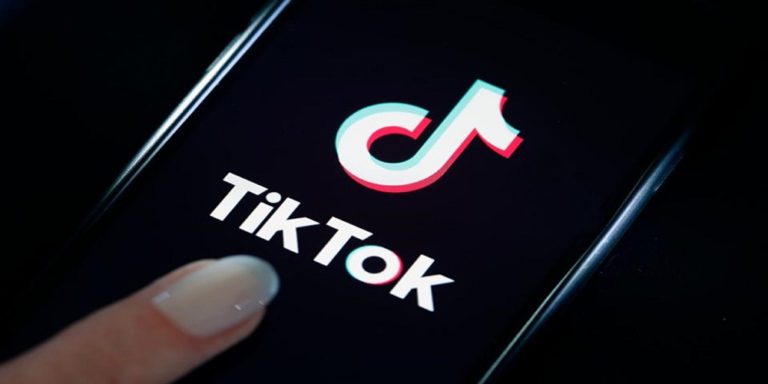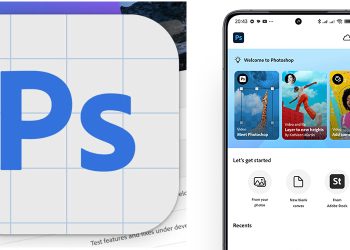The popular TikTok app is being banned from public campuses across the U.S. This can, in some situations, prevent students, staff, professors, and visitors from using campus WiFi networks or school-issued devices to access the short-form video platform.
According to NBC News, at least 20 public colleges have decided to remove the app from their servers or have advised students to do so from their own devices. The majority of institutions are responding to demands made by state legislators, some of whom have introduced laws prohibiting TikTok on state-owned devices.
Auburn University, University of Oklahoma, University of Texas-Austin, and Texas A&M—the biggest college campus in the U.S.—are among the growing list.
Why are universities banning TikTok?
The bans stem from security concerns regarding the app’s China-based parent company ByteDance. U.S. security experts are worried ByteDance could share its extensive collection of data on American users with the Chinese government.
“We do have national security concerns,” said FBI Director Christopher Wray at a Homeland Security Committee hearing in November. “They include the possibility that the Chinese government could use it to control data collection on millions of users.”
In the past, U.S.-based executives in charge of TikTok have denied that the app is being influenced by Beijing. “The Chinese Communist Party has neither direct nor indirect control of ByteDance or TikTok,” the company said in a statement. “ByteDance is a private, global company, nearly 60 percent of which is owned by global institutional investors, with the rest owned primarily by the company’s founders and its employees—including thousands of Americans.”
More than 30 states have ramped up their efforts to limit access to the app and many public universities, which fall under the purview of state laws, are following suit. In the case of Texas A&M, one of the largest public universities in the country with nearly 75,000 students, TikTok has been totally banned.



































